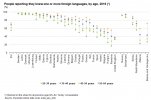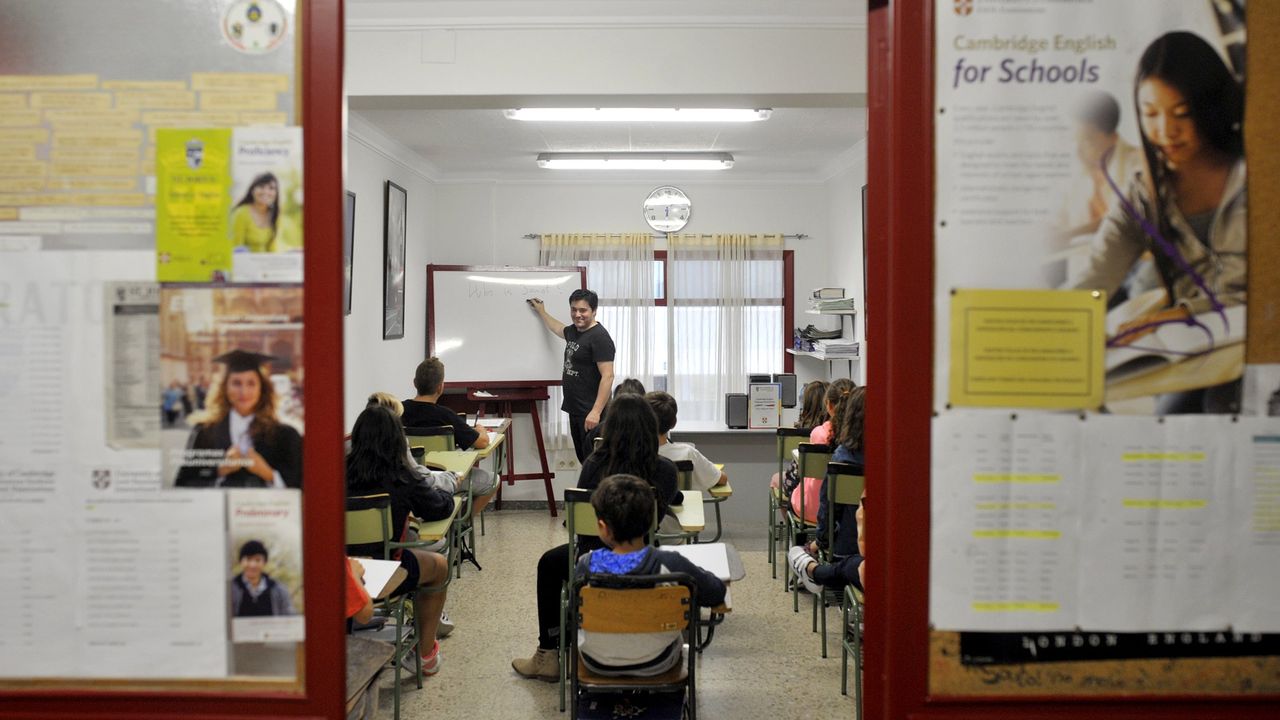Growing up we lived in Europe for while and my parents spoke no language other than English. They relied on me to help them with basic questions and directions. I was only 7 and was learning German at school. Years later, I took German in high school and at the university and when I was deployed to Germany in the early 2000's my experience was this: although many Germans could speak English, they often commented that I could not possibly be American as no Americans ever bothered to learn German even if they were there several years. I have felt it my duty to represent my country by trying not to portray the stereotype that those from the US do not think that learning another language is important.
When we first walked the Camino in 2016, I had spent a year studying on Duo Lingo. It was hardly enough, but we got by. My husband learned NO Spanish before we went and wished that he could converse with people. Over the years now, we've studied in Spain for several weeks a few times and we have a weekly Spanish lesson together here at home through a school.
Our progress is painfully slow, but we are determined to speak and understand well enough to have meaningful conversations with Spaniards beyond ordering food or booking a room. As a hospitalero, I am able to check people into the albergue and explain guidelines and resources now in 3 languages (English, Spanish, and even German although my formal study was 40 years ago). I am able to have simple conversations on the phone and I also still rely heavily on Google Translate for pilgrims from France, Korea, Russia, Italy, etc.
It is a personal decision to try to learn another language because I want to be accepted as more than a tourist and pilgrim. Each person must make their own decision in that regard, but my husband has had several interesting experiences that happened by not knowing the language very well. He's taken the wrong bus or train more than once and thank goodness for the school-aged daughters and grandchildren of proprietors who are often called in to translate just as I once was when he is at the market.


























